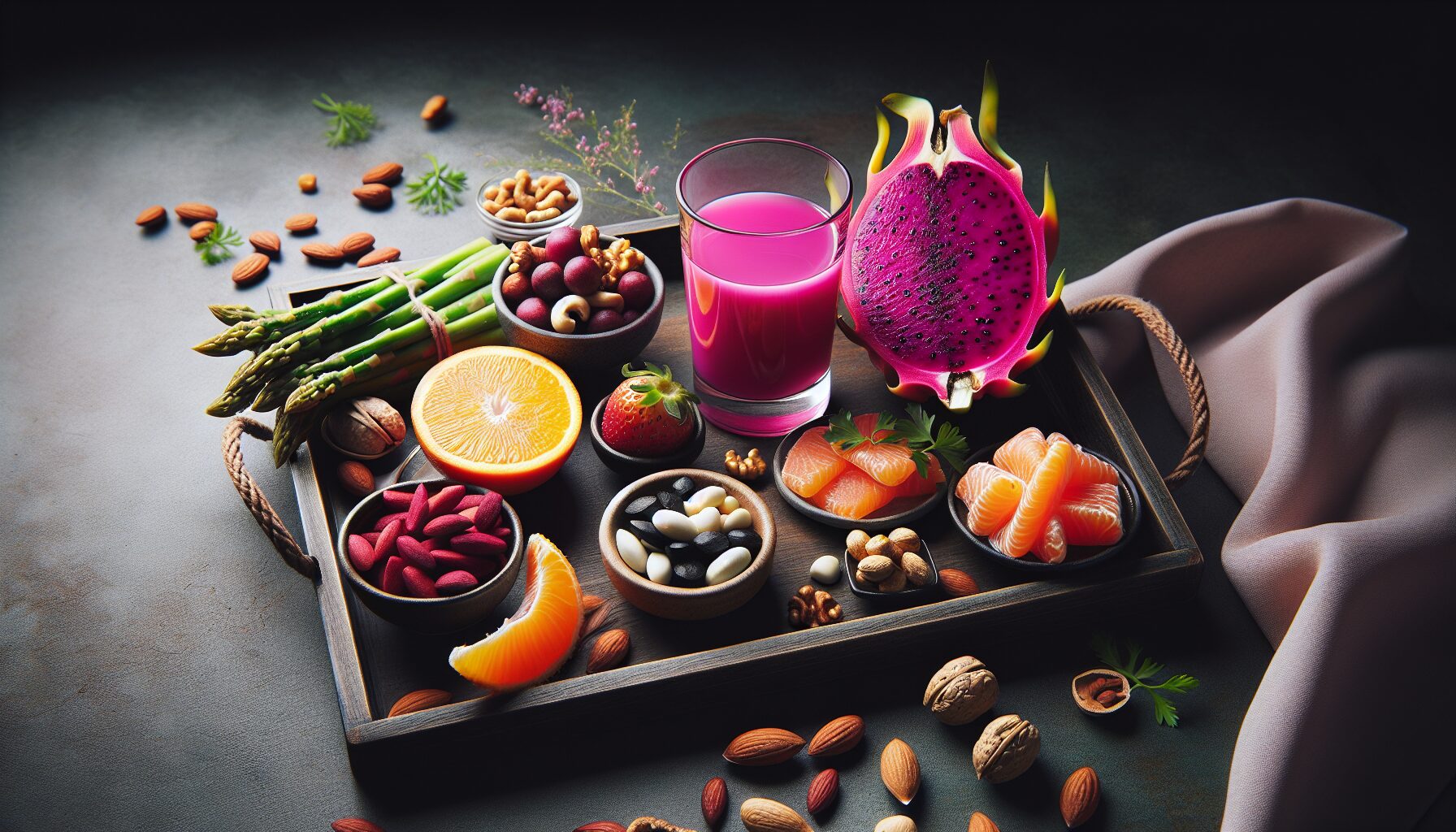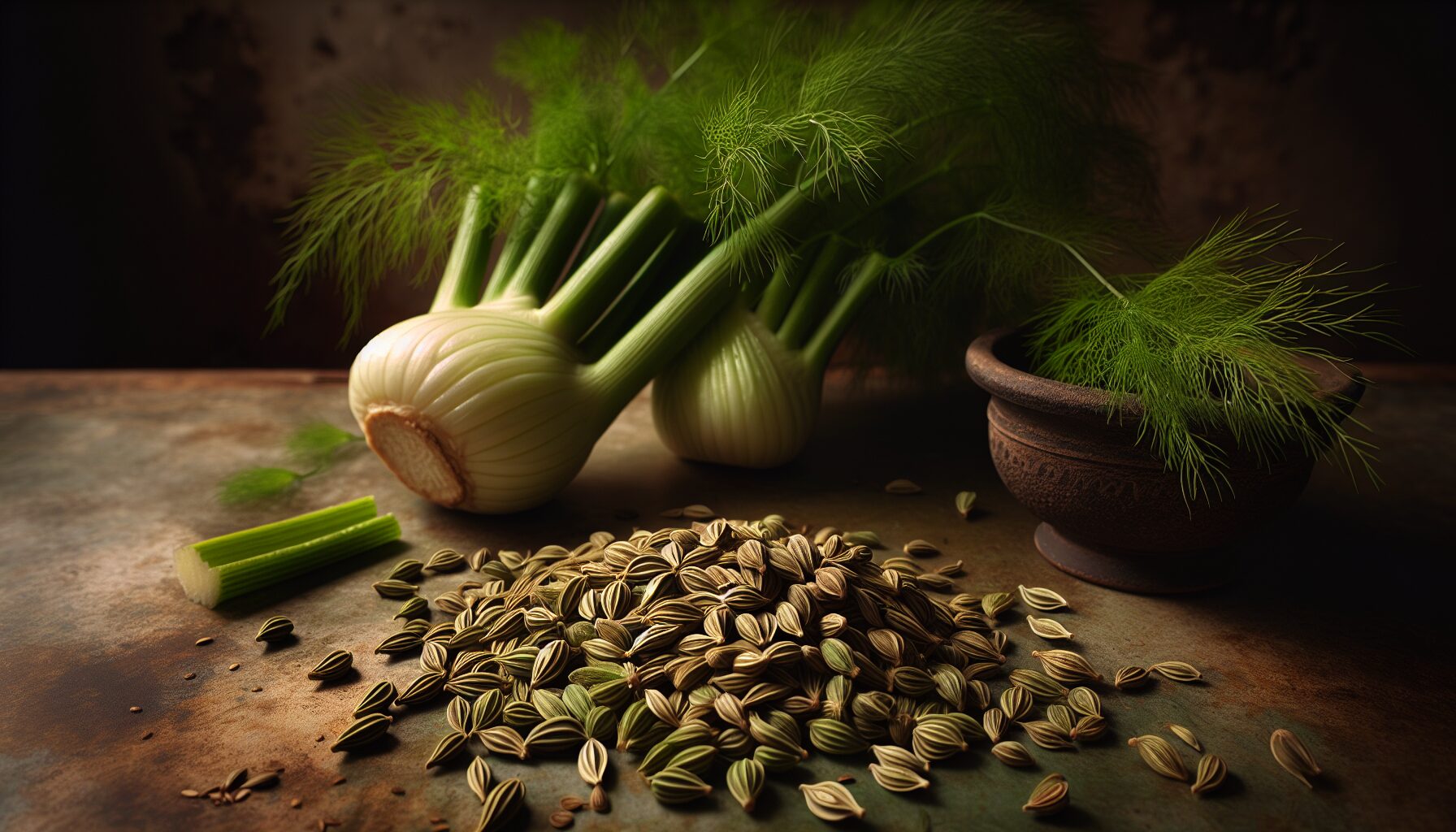
Health Benefits Of Parsley And Curly Parsley
Parsley, including its very close relative curly parsley, is a widely used culinary herb with many reported potential health benefits. Curly parsley is very similar to parsley, being the same species of plant, but has minor genetic differences. For these reasons, the health benefits of parsley and curly parsley are really similar.
Parsley is an aromatic herb with flavour enhancing properties, which is why it is used so often in cooking. Aromatic herbs, like parsley, have been used for many years in cooking and various cultures revere different health promoting properties. This reputation has also led to the breeding different types of parsley, such as curly parsley.
While parsley contains essential vitamins and minerals, various parsley specific compounds are responsible for most of its potential health benefits. Parsely is one of the most potent disease fighting herbal spices. Parsley contains a wide range of bioactive compounds including vitamin C, B complex vitamins, zinc, iron, phosphorus, linolenic acids and flavonoids such as apigenin. The major bioactive compounds in parsley and curly parsley are phenolic molecules.
The main phenolic compounds offering potential health benefits are apigenin and kaempferol derivatives. These molecules have strong antioxidant properties and this is a big contributing factor to their reported health benefits. This includes mild antimicrobial activity that could potentially support the immune system. Other potential health benefits include blood pressure lowering, anti-inflammatory and antifungal activities.
Let’s look at the potential health benefits of parsley and curly parsley in more detail.

Parsley Phenolic Compounds
Curly and flat leaf parsley leaves contain antioxidant phenolic compounds. Research shows that curly parsley could have very slightly more phenolic compounds in their leaves. However, a lot more in-depth research on the phenolics in parsley would be needed to confirm if this is or is not the case.
Research has confirmed the strong antioxidant content of parsley leaves. The antioxidant potential, much of which results from parsley phenols, is very similar in both curly and flat leaf parsley extracts. This would suggest that the extent of potential health benefits from curly and flat leaf parsley phenolics are also very similar.
Apigenin Glycosides
In curly and flat leaf parsley leaves, apigenin derivatives seem to be the main bioactive phenolic compound. Various studies have found this, showing that apigenin glycosides are very abundant in all varieties of parsley. Apigenin glycosides are phenolic compounds, which have the activity of apigenin but with very slight changes to them. Apigenin is a mild cell cycle regulator. This means that it promotes healthy cell death of malfunctional cells and restricts cellular growth. Because of natural apoptosis promoting properties, apigenin is thought to be a cancer preventative agent. Strong antioxidants like apigenins enhance cellular repair too.
In addition, apigenin glycosides are antioxidant compounds and can protect the body from oxidative stress. Antioxidants protect the body from developing cancers through direct damage to DNA and essential cell parts. Antioxidants have indirect immune boosting effects and that has also been identified with antioxidant rich parsley extracts. The immune system plays a crucial role in cancer and disease prevention, removing malfunctional or pathogenic cells from the body with T killer cells.
Research confirms that apigenin from parsley has strong oxidation lipid protecting qualities. As we’ve mentioned here with apigenins, this antioxidant activity on fatty acids has potential benefits in reducing cancer incidences and may also have neuroprotective qualities. One study showed that eating parsley leaves regularly could improve body antioxidant status. This was thought to be due to the high levels of phenolic compounds, like apigenins, in parsley.
Kaempferols
Kaempferol derivatives also form a significant part of the total bioactive compounds in parsley. As phenolics, these derivatives share many similar qualities to apigenin and also kaempferol. Kaempferols share strong antioxidant and anti-inflammatory properties, which effects various systems within the body.
Naturally strong antioxidant molecules, like kaempferols, have slight neuroprotective qualities and may also protect the health of the heart. There is a lot of research to show that kaempferols have these effects on the body. Because neurones, or nerve cells, consume lots of resources and energy they produce free radicals from metabolism. They, like all cells need protecting from cellular damage. Studies have confirmed that kaempferol can protect nerve cells and potentially encourage better outcomes from age related neurodegenerative diseases.
Antioxidants are also anti-inflammatory. They help heal tissues that have been damaged by oxidative stress and trigger calming cell pathways too after wound recovery. As an anti-inflammatory molecule, kaempferol derivatives also promote more optimal heart health. This activity occurs through reducing risk factors for developing heart diseases, such as lowering blood pressure. This potential health benefit of kaempferols, a main bioactive in parsley, centres around that antioxidant strength which lowers overall oxidative stress.
Anti-inflammatory molecules may also lower overall oxidative stress and this contributes to reduced blood pressure. Antioxidants, like kaempferols, can have this dual action on the body, helping to heal wounds and to soak up free radicals throughout the body.

Immune Boosting Qualities Of Parsley
Various studies have tested parsley leaves for their antimicrobial qualities. Parsley extracts inhibit the growth of some harmful bacteria including Staphylococcus aureus and Salmonela Tymphimurium. Parsley may also be a mild antifungal, with studies showing it can inhibit the growth of pathogenic fungi such as Candida albicans.
This anti-microorganismal activity could potentially support the immune system, providing another benefit to regularly consuming flat and curly parsley leaves. Parsley extract was also shown to have anti-viral activity, including against the COVID-19 virus.
The immune system is nearly always active, fighting all sorts of pathogens and expends a lot of resources each day. This may be quite an important benefit of parsley leaves to our overall health and wellbeing, especially in the long term.
We’ve mentioned how antioxidants, such as those found in parsley, have indirect immune boosting effects through vitamin C enhancement. Studies have confirmed this, identifying that parsley can offer immune boosting or immune response supporting benefits.
Anti-Inflammatory Qualities Of Parsley
An anti-inflammatory effect has been observed in studies with topical parsley extracts, where skin reactions such as dermatitis appeared to be lessened with parsley use. There was thought to be an anti-inflammatory response induced by parsley, providing significant improvements in dermatitis and allergy responses.
Another anti-inflammatory effect is on the cells in the gastric system, where parsley influenced the development of ulcers. The anti-inflammatory responses induced from parsley are quite remarkable and it seems to influence multiple inflammatory pathways.
You might be thinking, how can parsley have an overall anti-inflammatory and immune response supporting effect. Well, as we’ve mentioned here parsley’s antioxidants encourage a calming or anti-inflammatory effect on the body, through cell signalling. This is achieved through reducing oxidative stress and enhancing wound healing. These same antioxidant properties conserve key antioxidant vitamins needed for immune system functioning. This is a synergistic interaction between antioxidants and enhances or boosts the immune system.
Parsley phenolic compounds may also activate specific immune responses and these plant molecules also have microbial selection or antimicrobe activity. Parsley also contains some vitamin C, which also contributes to boosting the immune system and offers your body even more antioxidants. These qualities all tie together so that antioxidants, such as those found in parsley, can offer anti-inflammatory and immune boosting benefits.
Wound Healing And Antiaging
In terms of wound healing, there are various studies that show how parsley can encourage optimal wound healing and provide various nutrients to assist with that process. Topical parsley extract is also thought to contribute to minimising wound infection. This is yet another benefit of parsley and studies back a topical anti-ageing quality to parsley extracts too.
The antioxidant content of parsley means it is a candidate for organic cosmetic products that can assist with skin inflammation and antiaging. Encouraging more optimal vitamin C levels also improves collagen production in the skin. 30mg of parsley contains nearly half of your DV of vitamin C and this amount of parsley also contains 554% of your DV of vitamin K. This is a means by which parsley extract can improve skin elasticity and youthfulness. Vitamin K is also essential for good wound healing.

Heart Health Promoting Effects Of Parsley
There have been lots of studies showing the potential heart health promoting properties of parsley. For example, parsley was shown to prevent blood platelet aggregation and to lessen the chances of thrombosis or blood vessel narrowing. Apigenin seems to have antiaggregant potential.
The antioxidant qualities of parsley, including phenolics, encourage less fatty acid oxidation which also reduces risk of blood vessel narrowing. Studies with parsley extracts show that it is a blood pressure lowering herb. Apigenin is thought to induce blood vessel relaxation. These effects promote optimal cardiovascular health and lessen the risks of developing cardiovascular disorders.
In addition to helping to protect the heart, parsley extracts may help with optimal kidney and liver health too. Parsley was used as an ancient medicine to help flush out toxins and prevent kidney stone formation. Parsley may improve oxidative stress build up in organs like the kidneys and liver, through high power antioxidant action, which will help to maintain their optimal health. A lot of this antioxidant activity is thought to be due to parsley specific antioxidants like apigenins.

Summary
Parsley is a very popular aromatic culinary herb with flavour enhancing properties. Parsley also has many potential health benefits. Different types of parsley have been bred, including flat leaf and curly parsley. They both contain phenolic compounds and these are thought to be very similar in the most popular breeds of parsley.
Studies have shown that apigenin glycosides are the main phenolic antioxidants within parsley. Apigenin glycosides are phenolic compounds and have the activity of apigenin with some very slight changes to them. Apigenin promotes healthy cell death and is a mild cell cycle regulator. This compound is thought to enhance cellular repair and to also have anti-cancer properties.
Regular consumption of parsley leaves may improve body antioxidant status and this has cancer preventative benefits. Kaempferols are other antioxidant phenolics found within parsley with similar health benefits to apigenins.
Parsley extracts are inhibitory on some harmful bacteria, fungi and viruses. This is one means as to how parsley can provide immunity support. In addition to improving vitamin C levels, through antioxidant levels and through parsley’s own vitamin C content.
Interestingly, parsley is also an anti-inflammatory that suppresses various inflammation pathways in the body. Topical parsley application improved inflammatory dermatitis responses. Parsley also contains large amounts of vitamin K, which can assist with optimal wound healing. Because of its high antioxidant status, parsley may have antiaging qualities.
Parsley may also encourage optimal heart health, through its high antioxidant content, which may lower blood pressure and protect vital organs from oxidative toxin damage.
Parsley shows various potential health benefits and can easily be included in your diet for a really good price.
For more interesting articles, see the main articles page below.





